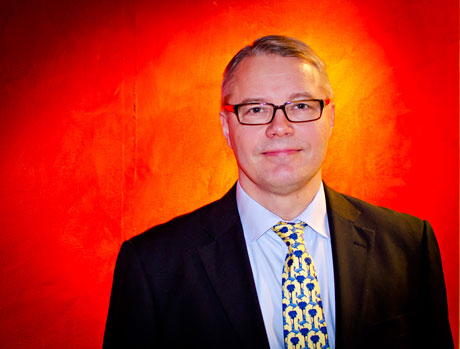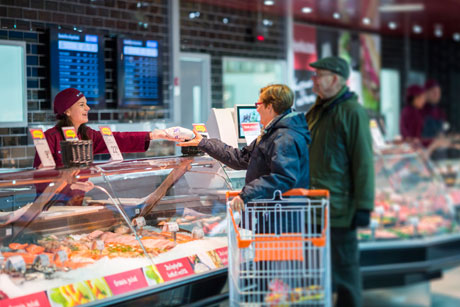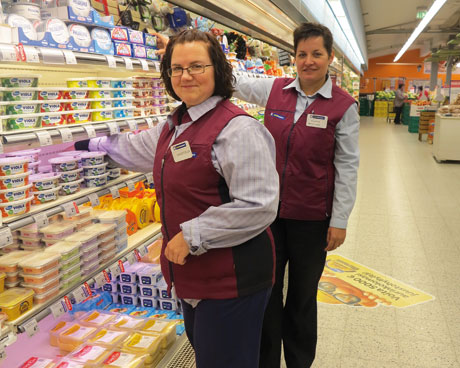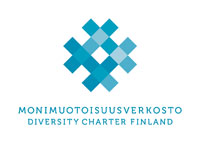

Viewpoints
Viewpoints is a blog in which different writers express their views and opinions on current topics. A new blog post is published about once every four weeks.
You can propose texts by e-mail to viestinta@kesko.fi. The maximum text length is 2,000 characters.
An ecosystem of different people
The Crowded Years InitiativeTM of Attorneys at Law Borenius; the telecommunications company DNA’s open-plan office model; Kesko’s projects Many Kinds of Performers and Let’s Talk about Work; Lassila & Tikanoja’s multicultural working community application; and the Family Federation of Finland’s advocacy of family-friendly workplaces are concrete examples of the Diversity Charter Finland’s encouraging initiatives. The charter launched by FIBS in 2012 currently includes 35 forerunner operators, which employ hundreds of thousands of people and the growth continues.

In Finland, we have traditionally thought that we are a very homogeneous nation with same kind of services selling well from the south to the east of the country. This idea has been challenged by changes resulting from the emergence of different generations of consumers on one hand and the different services demanded by foreign customer groups on the other.
In recent years, to the annoyance of biologists, the mobile business has adopted their traditional concept of ecosystem when referring to a community of different actors in which new, innovative combination of components takes place. The basic notion of a flourishing ecosystem is diversity, in which diversity generates new energy. In fact, this was also called for in the negotiations for a new Finnish government, in other words, boosting economic growth by doing things in new and better ways.

Businesses too should recognise that there are huge numbers of different people and needs among buyers as well as sellers. The diversity of the business world is a fundamental element in corporate responsibility and it is acknowledged by many of the forerunner companies. The Sustainability in Finland 2014 survey by Corporate Responsibility Network FIBS interviewed 200 business leaders, and its results revealed that labour practices and diversity management have become the third most important CR theme.
Diversity management aims for companies to employ sufficiently different people, including the composition of the top management. This has been seen to improve the efficiency, atmosphere and productivity of the company. Equal opportunities for career progress generate an enormous amount of positive energy at every level. In practice, this means recruitment, management path planning, flexible working hours, providing employment for the young and age conscious management. The most immediate benefits are seen in customer work when, for example, employees with language and cultural skills are used in customer service.
Even today in Finland, there are shortages of employees and competent personnel while at the same time, not all qualified people are given the opportunity to advance to appropriate positions on the grounds of gender or some other reason. The EU also promotes non-discrimination with the help of gender quotas and reporting on personnel diversity. The Finnish Non-Discrimination Act obviously has the same objective.
We have seen that many companies and industries themselves have succeeded in improving their internal atmosphere and external reputation by means of good diversity management. It is more sustainable than compliance with directives. Retailing, an industry that encounters consumers on a day-to-day basis, has taken part in various projects and pilots.

The Diversity Charter Finland, launched by FIBS in 2012, currently includes 35 forerunner operators which employ hundreds of thousands of people and the growth continues. The willingness to change things is manifested externally in the Charter signed by the managing director, which shows that the management takes the matter seriously. The Charter signatories take part in the Working Life 2020 project aimed to raise the quality of Finnish working life to be the best in Europe by 2020.
Doesn’t this sound worth joining?
Further information: http://www.fibsry.fi/fi/english/themes/diversity-charter-finland
The writer, Mikko Routti, is the Executive Director of Corporate Responsibility Network FIBS.